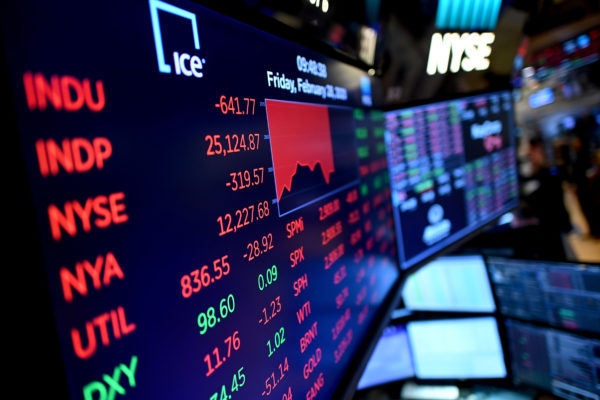Economic policy and business process are focused on two goals — protecting individual wealth and improving business efficiency. Recent changes in our tax structure have allowed wealthy individuals and families to lower their tax burden relative to the rates in place 30 years ago. Businesses have used global supply chains and just-in-time manufacturing to reduce production costs and keep prices low for consumers.
All of this came at a cost of resilience.
When the business sector focuses on optimizing a small number of goals such as wealth and efficiency, it is like driving a race car at the edge of its capacity. As long as the road is dry and free of obstacles, a skilled driver can make record lap times. When road conditions deteriorate, there is danger of a spectacular crash.
Enter the coronavirus.
The global effort to control the COVID-19 pandemic has led to social distancing measures that have closed factories and stores, stopped virtually all travel and exposed weaknesses in the supply chain.
What we are learning is that our global economy is not resilient.
By concentrating wealth in the hands of a small number of individuals, we have placed many Americans in a situation in which they are living paycheck to paycheck. For a long time, arguments about the danger of income inequality were ignored, because they were focused primarily on a concept of fairness. It is easy for people from different vantage points to define fairness in different ways.
The truth is that we have set up large numbers of individuals who have lost their jobs for great suffering, because they will have difficulty making housing payments and buying food. The absence of savings means that people who are now out of work have no resources to weather the storm and will require substantial government bailouts. And because we have cut taxes so significantly, the government will have to borrow the money it uses for this purpose.
The focus on efficiency also has led to shortages of products ranging from medical supplies to consumer-grade toilet paper. Stocking goods in warehouses costs money, which drives down short-term profits and drives up the prices that individuals and companies pay for the things they buy. This extra cost has long been seen as a nuisance, but it is actually insurance for times when there are significant disruptions. In addition, outsourcing manufacturing primarily to countries whose labor markets allow them to be the lowest bidder makes it hard for companies to get the materials and parts they need in a crisis.
All of this highlights the need to build more resilience into the economy.
For corporations, there is a tremendous opportunity on the horizon. Small communities across the U.S. have lagged behind larger cities economically. But, these towns are well placed to fill in gaps in the domestic supply chain. Regional collaboration can create centers of excellence in struggling towns to provide manufacturing and logistics that will create jobs and resilience. Community leaders need to start now to look for those opportunities.
On the policy side, lawmakers must take income inequality more seriously. Economic shocks happen. They are rarely global like the one we are experiencing now.
Instead, they often affect a particular community as the result of a natural disaster like a hurricane or tornado or local changes in the economy like the boom-and-bust cycle of oil and gas exploration in Texas. By addressing income inequality issues, we reduce the likelihood that an economic shock has to be followed inevitably by a government bailout.
Ultimately, economic success should not be measured by the bank accounts of the wealthy. But rather by the ability of all people to live well in the good times and to survive crises without the specter of living on the street.
Art Markman is the executive director of the IC2 Institute at The University of Texas at Austin, a think-and-do tank focused on economic development in small communities outside of urban corridors.
A version of this op-ed appeared in the San Antonio Express News, Corpus Christi Caller Times, Waco Tribune Herald, and the Austin American Statesman.




